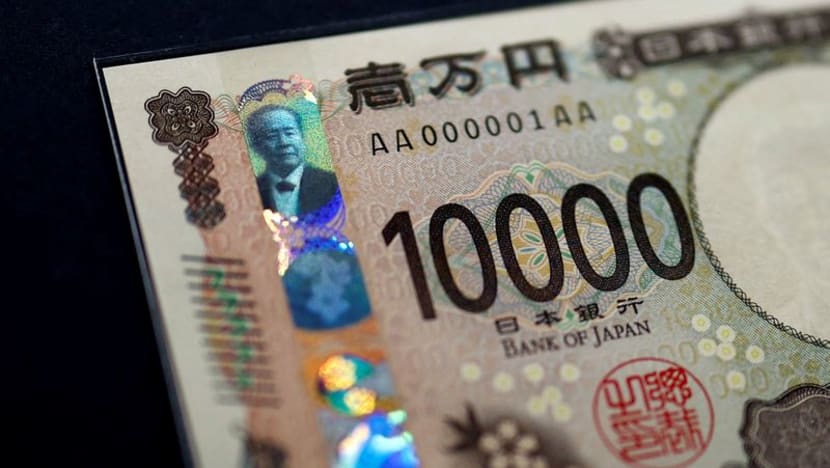Business
Yen Gains Momentum After Japanese Election; US Dollar Declines

The Japanese yen experienced a notable rise on Monday following significant electoral results in Japan. The ruling coalition lost its majority in the upper house, a development that many analysts had anticipated. This shift in political power contributed to a broader advance of the yen, while the US dollar faced a decline as investors prepared for potential turbulence related to upcoming U.S. tariff negotiations.
Japanese markets were closed for a public holiday, which limited immediate reactions within the country. Nevertheless, the implications of the election results were felt internationally. The yen’s advance was particularly pronounced against major currencies, signaling market participants’ confidence in the Japanese economy despite the political shift.
Market Reactions and Economic Implications
Investors seem to have factored the election outcome into their strategies prior to the announcement. The yen’s strength can be attributed to a mix of political uncertainty and economic resilience. The ruling coalition’s loss suggests a potential shift toward a more balanced approach in governance, which may influence future economic policies. Analysts are closely monitoring how this political change might affect Japan’s economic landscape, particularly regarding fiscal and monetary policies.
Simultaneously, the US dollar’s decline has raised concerns among investors, especially with the looming deadline for U.S. tariff negotiations. The potential for renewed market volatility is significant as stakeholders await clarity on trade policies. The interaction between these two currencies reflects broader economic sentiments and the interconnectedness of global markets.
Future Prospects for the Yen and US Dollar
As the political landscape in Japan evolves, the yen’s trajectory will likely depend on both domestic economic performance and international trade relations. Analysts suggest that a stable political environment could bolster investor confidence, potentially leading to further gains for the yen. Conversely, any uncertainties surrounding U.S. tariff negotiations may continue to exert pressure on the US dollar.
In summary, the yen’s broad advance following the Japanese election results signifies a complex interplay of political and economic factors. Investors are keenly aware of the implications for both currencies as they navigate the evolving landscape in Japan and the broader global economy. The coming weeks will be crucial for determining how these dynamics unfold and what they mean for international financial markets.
-

 Business5 months ago
Business5 months agoKenvue Dismisses CEO Thibaut Mongon as Strategic Review Advances
-

 Lifestyle4 months ago
Lifestyle4 months agoHumanism Camp Engages 250 Youths in Summer Fest 2025
-

 Sports4 months ago
Sports4 months agoDe Minaur Triumphs at Washington Open After Thrilling Comeback
-

 Sports5 months ago
Sports5 months agoTupou and Daugunu Join First Nations Squad for Lions Clash
-

 Top Stories5 months ago
Top Stories5 months agoColombian Senator Miguel Uribe Shows Signs of Recovery After Attack
-

 World5 months ago
World5 months agoASEAN Gears Up for Historic Joint Meeting of Foreign and Economic Ministers
-

 Health4 months ago
Health4 months agoNew Study Challenges Assumptions About Aging and Inflammation
-

 Business5 months ago
Business5 months agoOil Prices Surge Following New EU Sanctions on Russia
-

 Entertainment4 months ago
Entertainment4 months agoDetaşe-Sabah Violin Ensemble Captivates at Gabala Music Festival
-

 Entertainment4 months ago
Entertainment4 months agoBaku Metro Extends Hours for Justin Timberlake Concert
-

 Top Stories5 months ago
Top Stories5 months agoRethinking Singapore’s F&B Regulations Amid Business Closures
-

 Business5 months ago
Business5 months agoU.S. House Approves Stablecoin Bill, Sends to Trump for Signature









